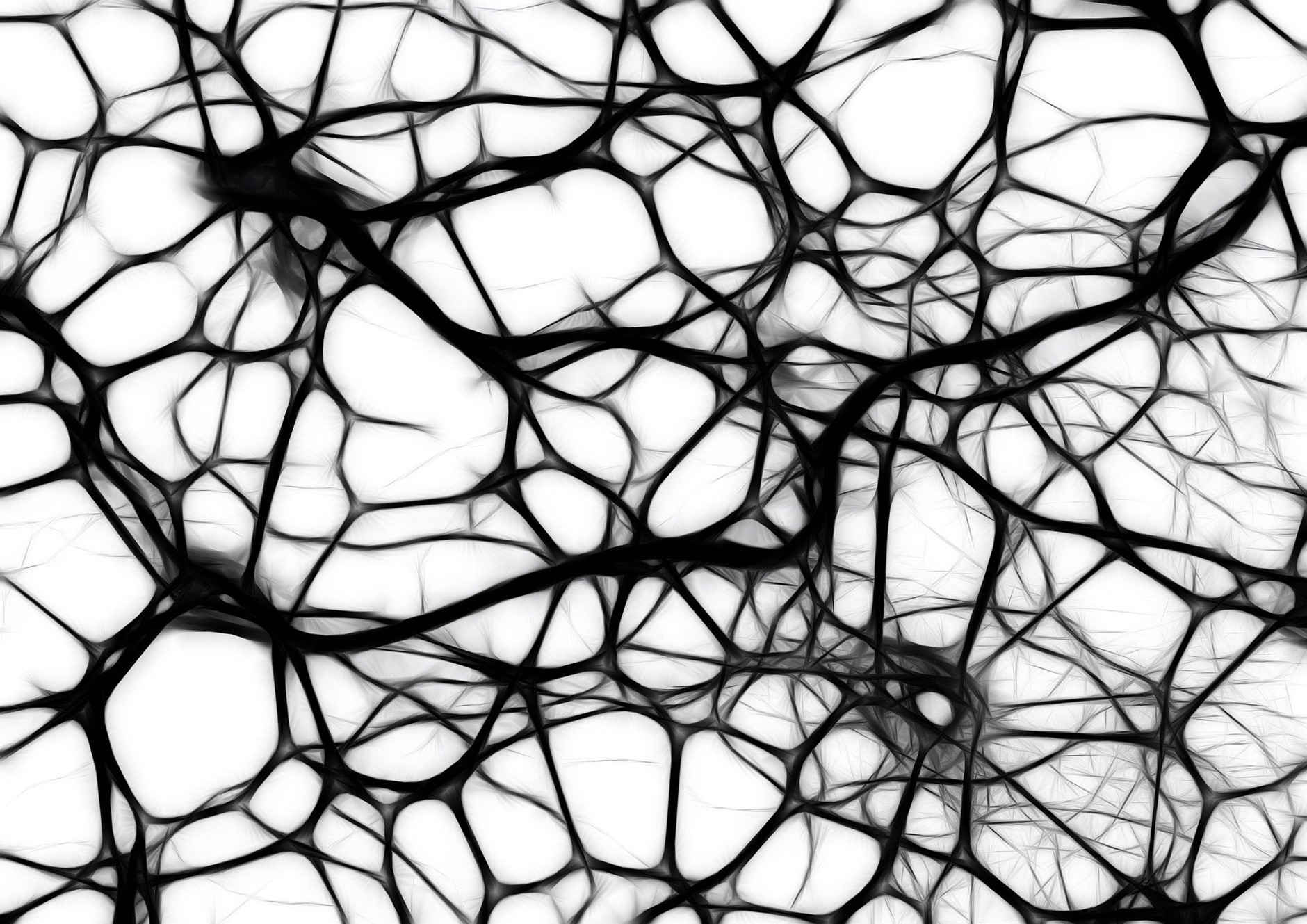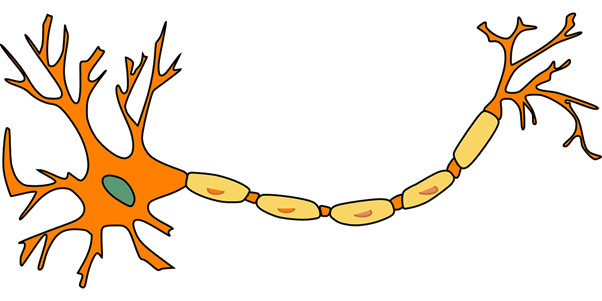We intuitively know that we need to practice to get better. This is true for table tennis or any skill that you want to learn. But why does practicing even work? What is going on inside you when you’re learning something new? Let’s find out.

In humans, brain development commonly stops by age 25. However, our brains still maintain an incredible level of neuroplasticity – meaning our brains continue to change and adapt to the environments that we find ourselves in. There is even evidence that you can see changes to your brains neurocircuitry well into older adulthood.
How does this change happen? Well, what practice is doing is helping the brain optimise for certain movements through a process known as myelination. To understand this process, we need to know a little bit about the brain.
In the brain, there are cells called neurons. These neurons have dendrites which receive electrical signals, known as impulses, from other neurons. The neurons also have long nerve fibres projecting out of the cell body called Axons. The Axons conduct the electrical impulses away from the main body of the cell and interact with other Neuron’s Dendrites. Axons can be thought of in the same way as electrical wire. They usually have insulation to keep the signal strong and efficient as it continues down the wire. Axons are the same. They have an insulating sheath that wraps around them known as myelin.

Every time you repeat a footwork pattern or shot, extra layers of myelin grow around these Axons improving the insulation and therefore increasing the strength of the signal. The extra layers of myelin also increase the speed that your muscles can communicate with your brain. This is why a new skill might feel awkward and stiff but as we practice it begins to feel more comfortable and becomes smoother. The more that we trigger impulses to certain neurons the more myelin is produced further increasing the strength and speed of the signal.
So, how does this affect our practice? We know that the goal of practice is to create stronger and faster signals through myelination of our Axons. We should practice with high quality so that we are sending impulses through the Axons that result in the desired movement. Also, we need to practice frequently to increase the production of myelin that grows around these Axons.
Here are some tips for making the most out of your practice time:
1. Get lots of feedback to make sure you are performing the movements correctly. This could be in the form of a knowledgeable individual such as a practice partner or a coach able to tell you if your movements could be more efficient. Videoing yourself is also a fantastic way of getting this feedback as it allows you to relate your feeling of the movement to what it actually looks like. This increases your awareness enables you to change and adapt more easily. This is why we have provided the popular Coach’s Corner where you can upload your videos for our coaches to look at and show you where you can improve.
2. When learning a skill, start slowly so that you can get the coordination of the shot before you begin to add the speed. Once you begin to get the movement at a slower pace, slowly increase the speed until you reach the desired level.
3. Rest! The top players do indeed practice hours every day. However, they also know when to stop and recharge allowing their bodies to recover and adapt. This includes letting the process of myelination happen as well as letting your muscles recover. The pros spilt their day into smaller chunks rather than trying to do too much at any one time resulting in poor quality practice and suboptimal improvement.
Practice improves you by physically changing the structure of your brain cells. Make sure to get in those quality repetitions and you will improve.
At the TableTennisDaily Academy, we have over 100 coaching videos covering technical, tactical, and psychological aspects as well as in-depth match analysis. As a member of the TableTennisDaily Academy you’ll also have full access to our “coach corner” which gives you the ability to ask questions that professional coaches Dan and Tom will answer. Whatever your questions, get swift and reliable coaching feedback you can trust right at your fingertips. You can even post videos of yourself in action for Dan and Tom to analyse, they will provide specific advice to help you take your game to the next level! So what are you waiting for, access your free trial today.

Good Read.
I can vouch for videoing sessions as since i only started playing in 2018 and videoing all games and practice sessions i can hand on heart say without being able to review the footage what little progress i have made would have been much less.
Train Hard Play Easy.
EKS16